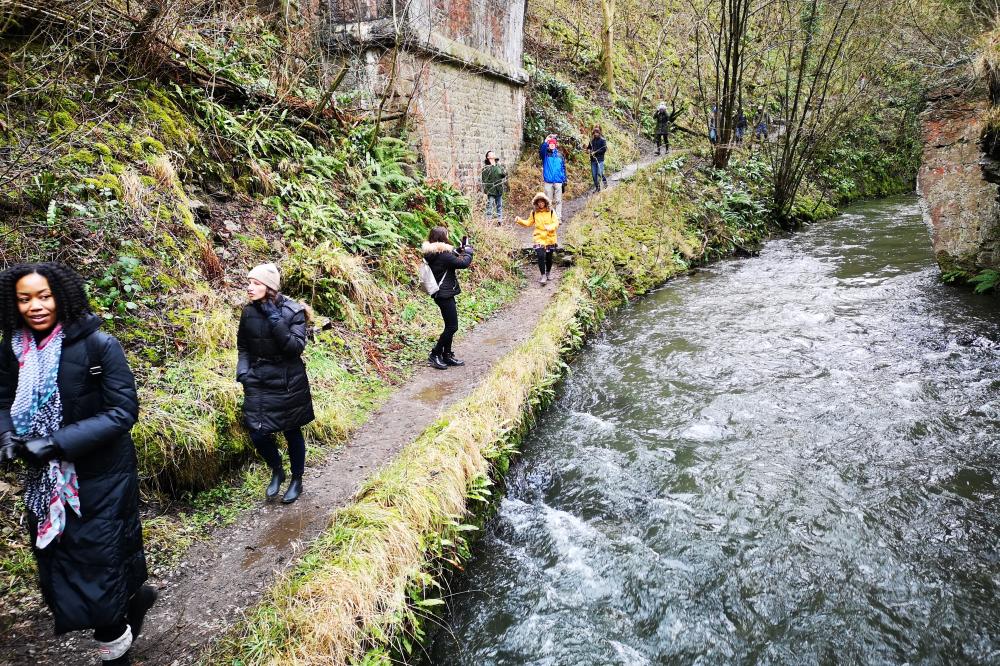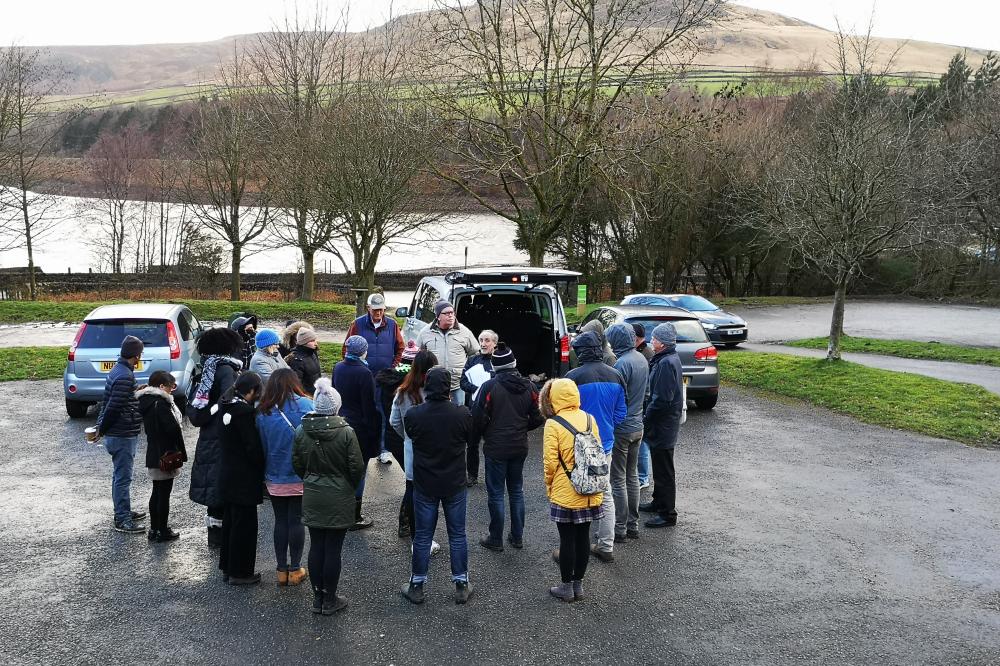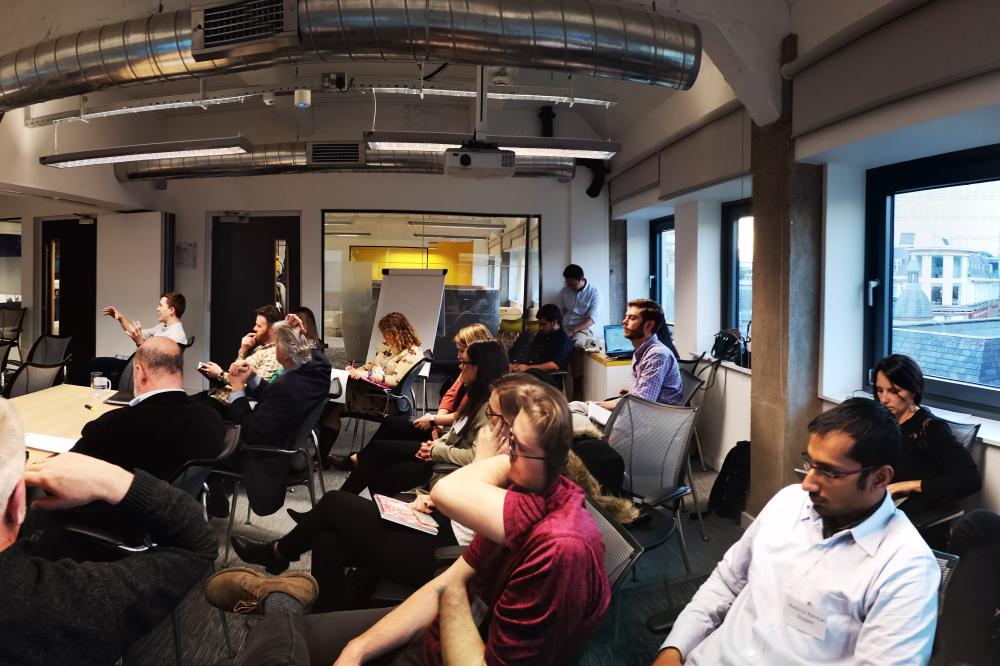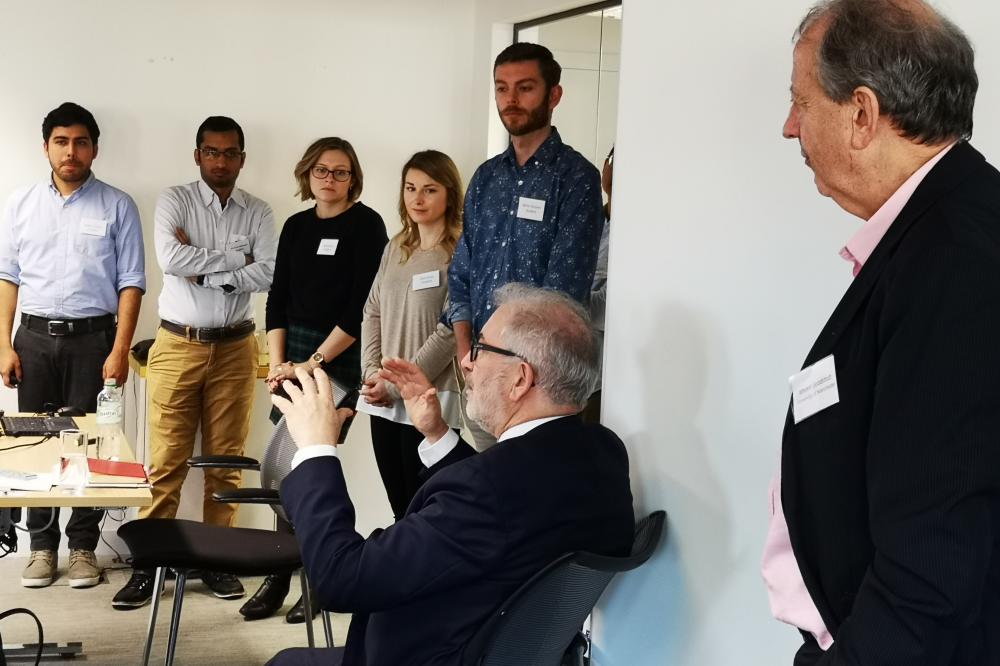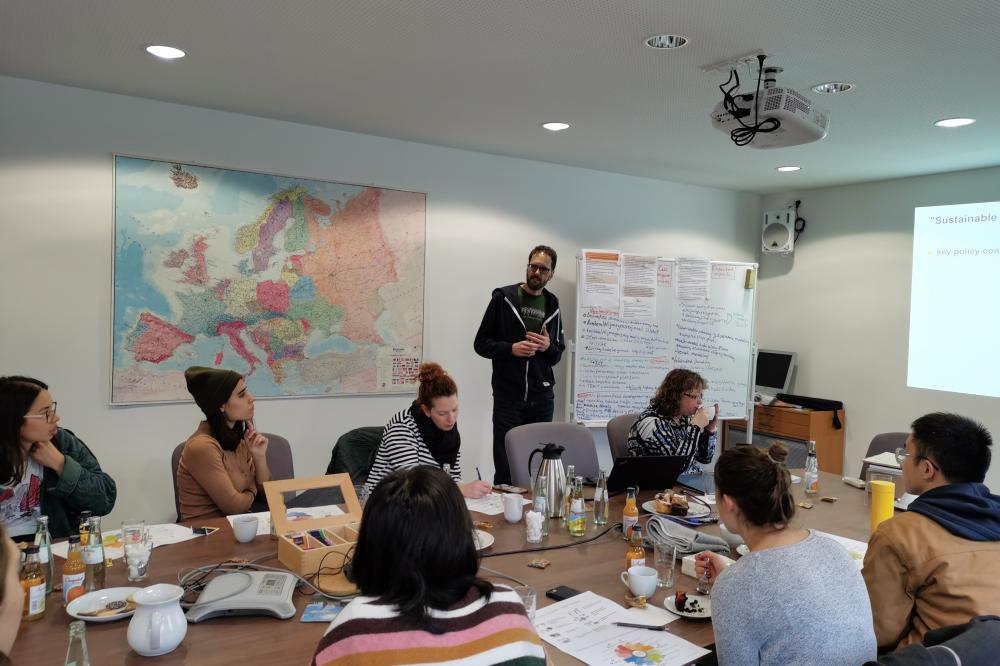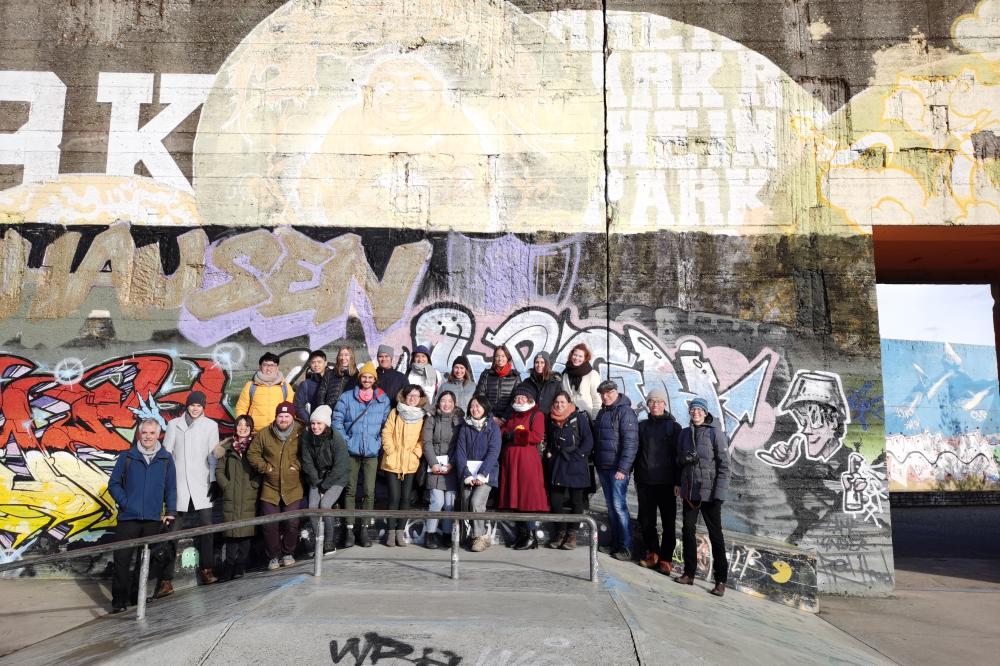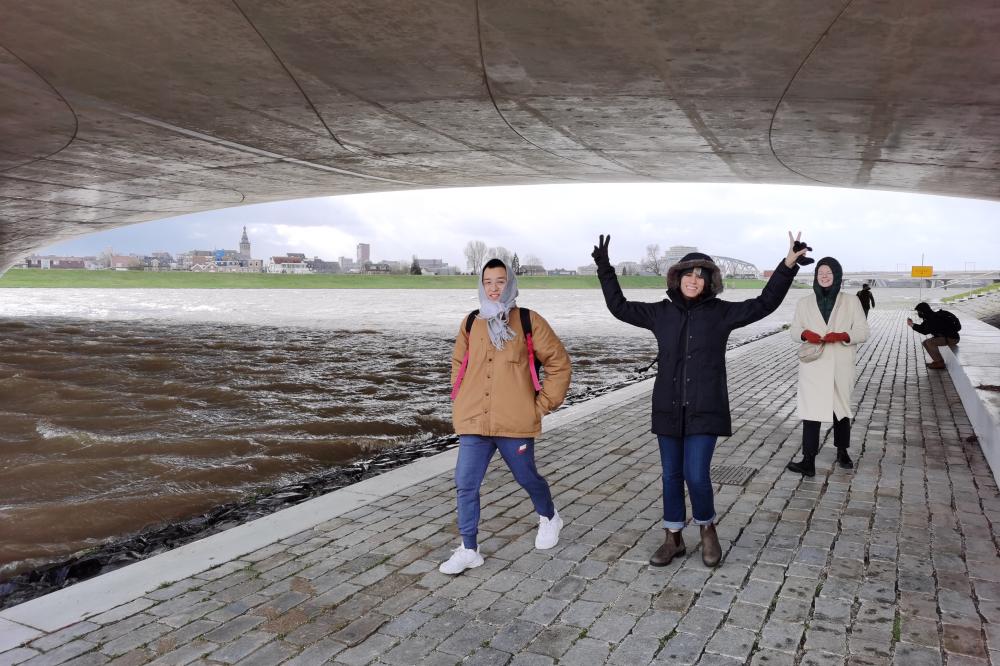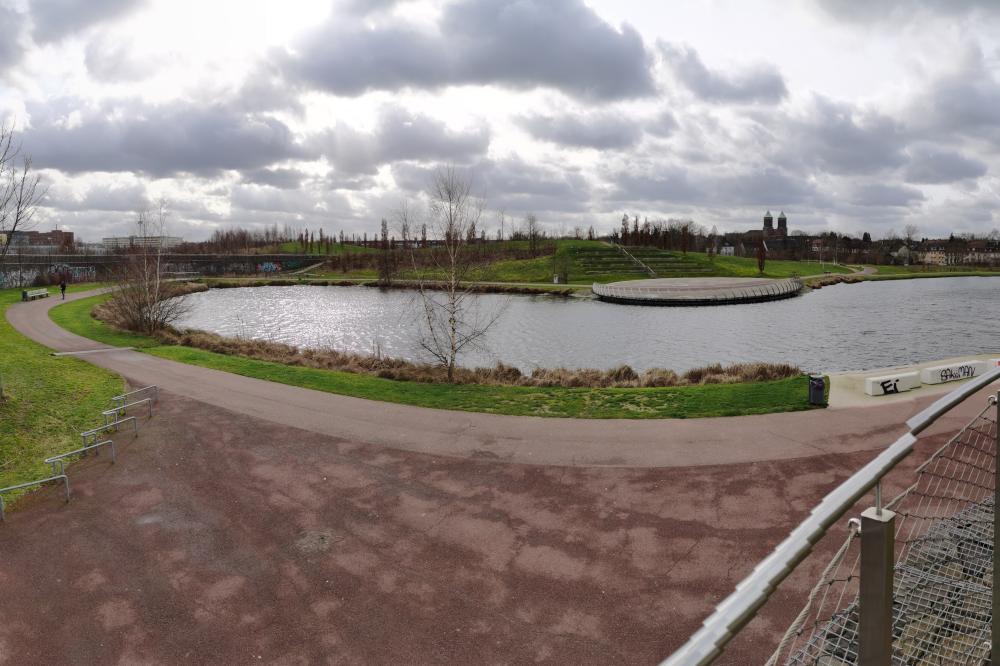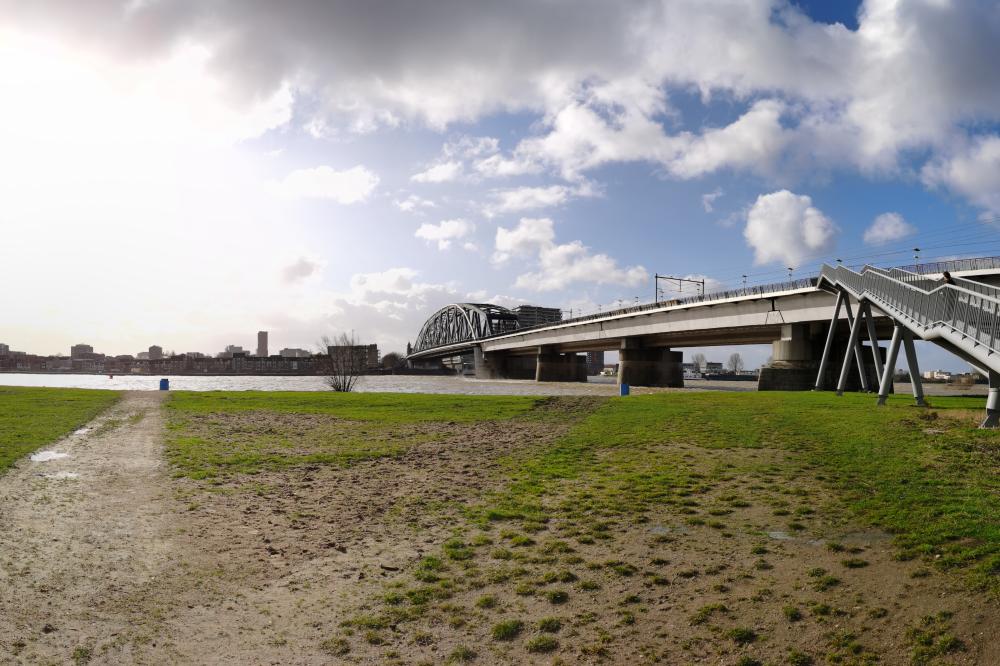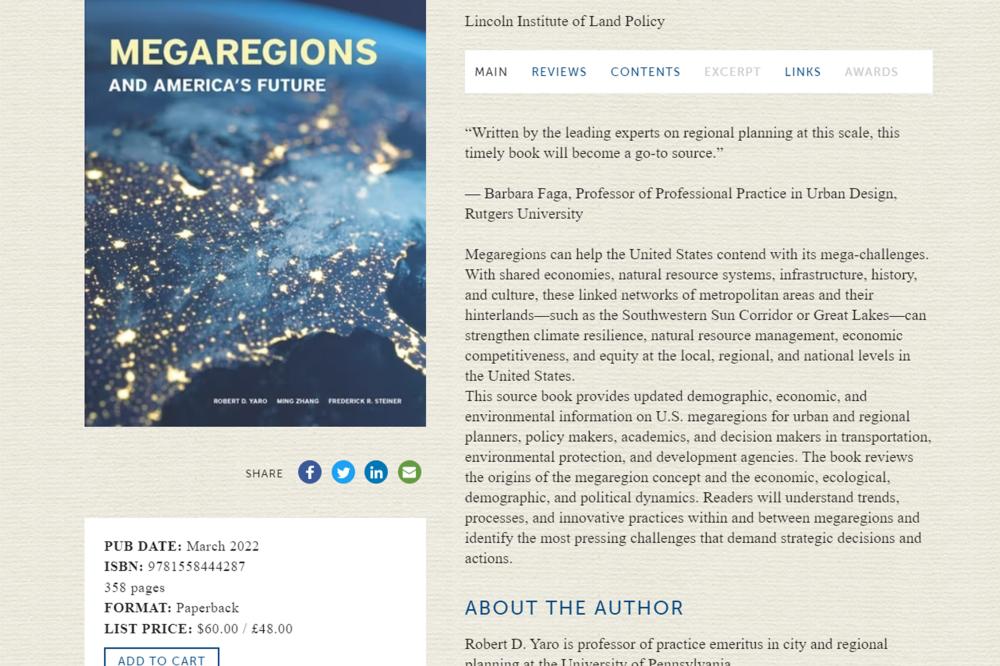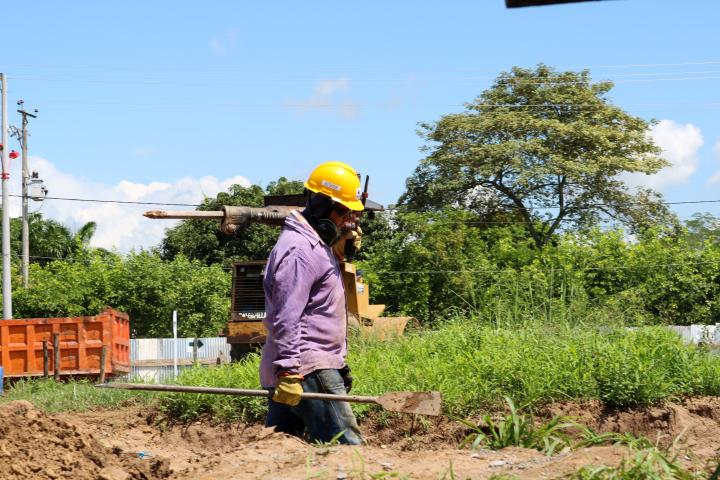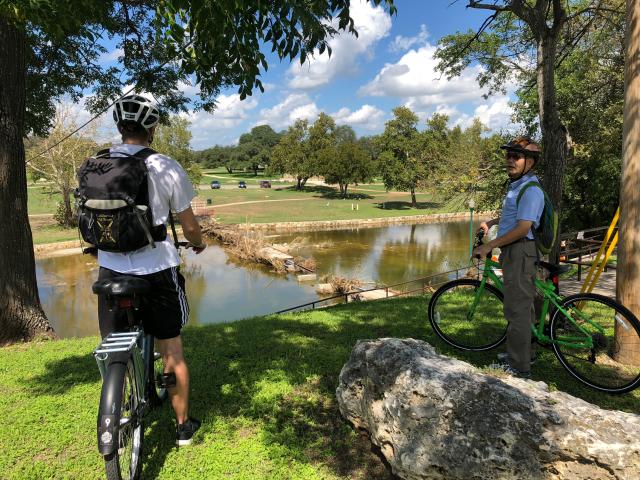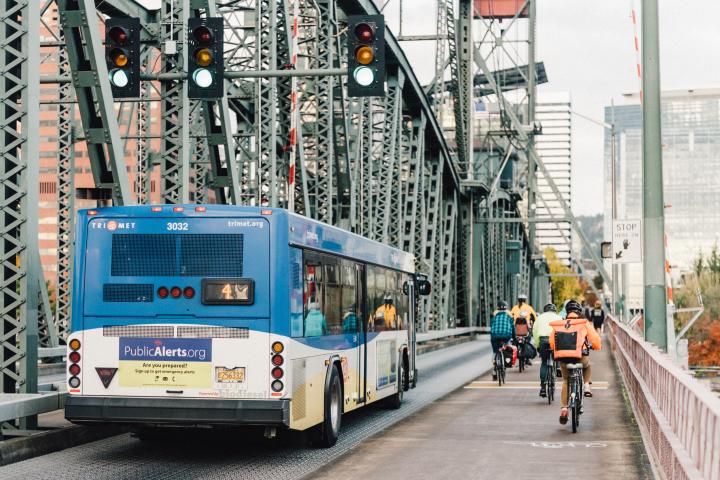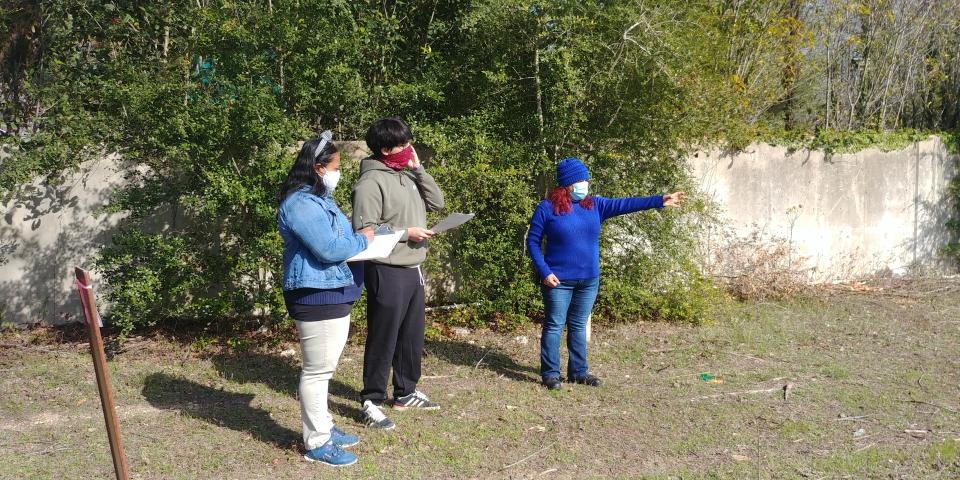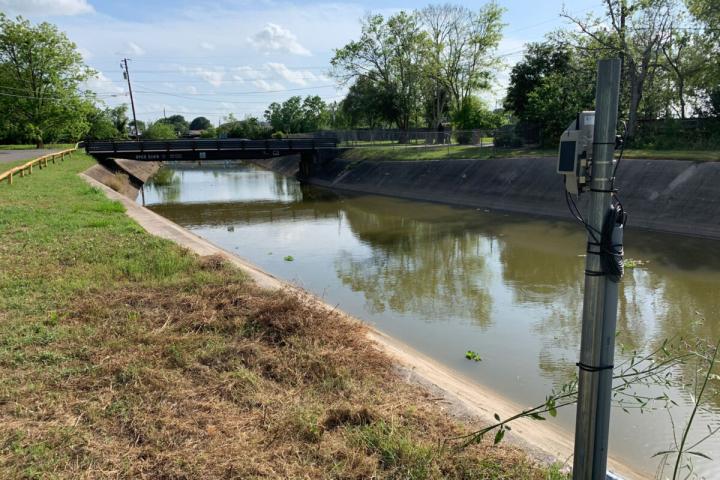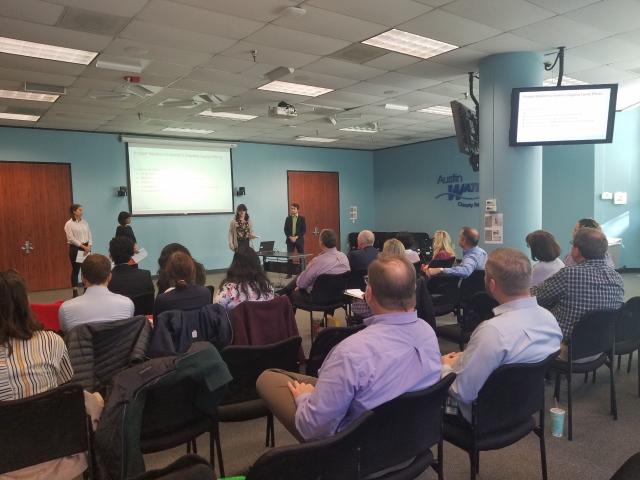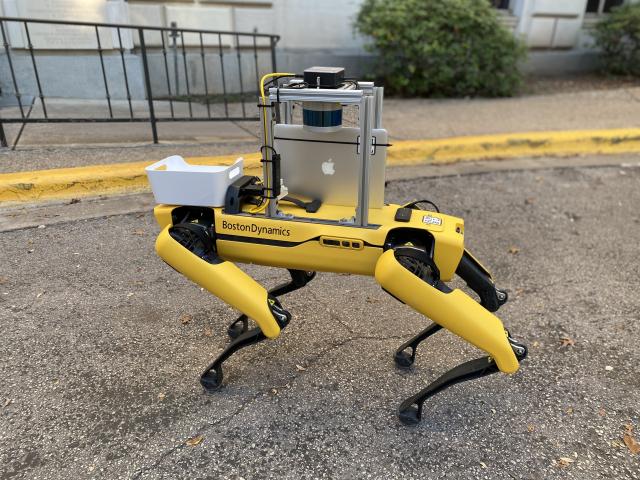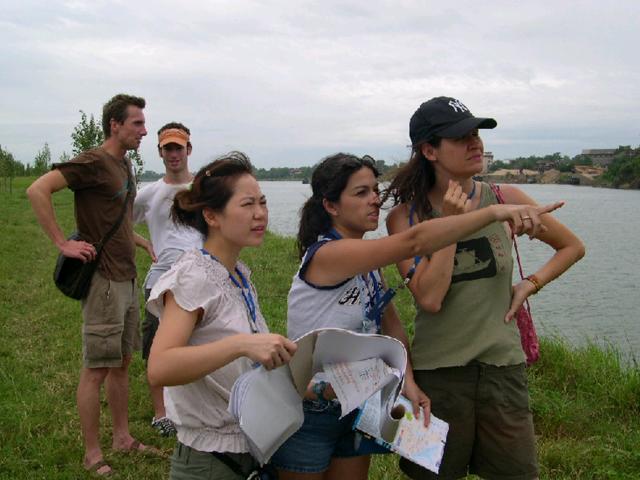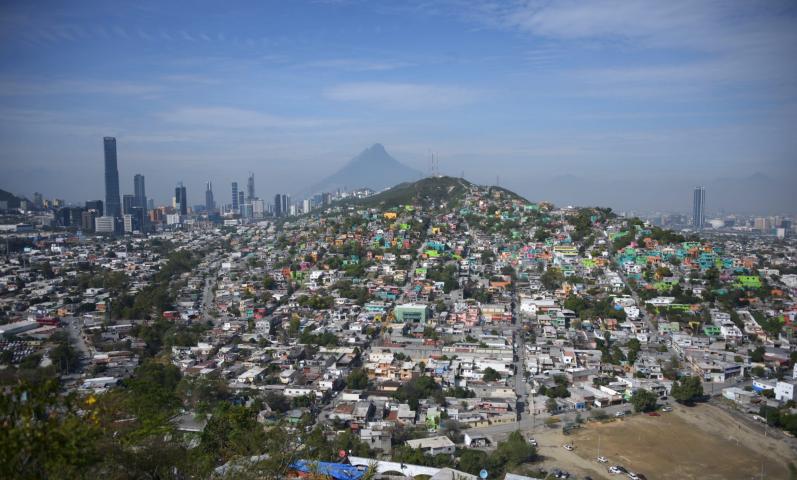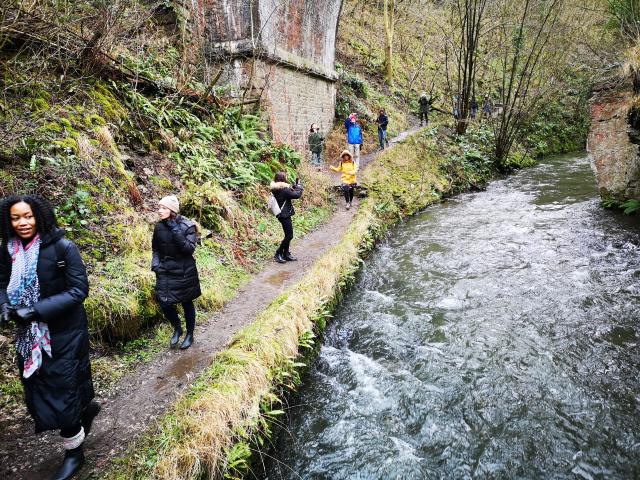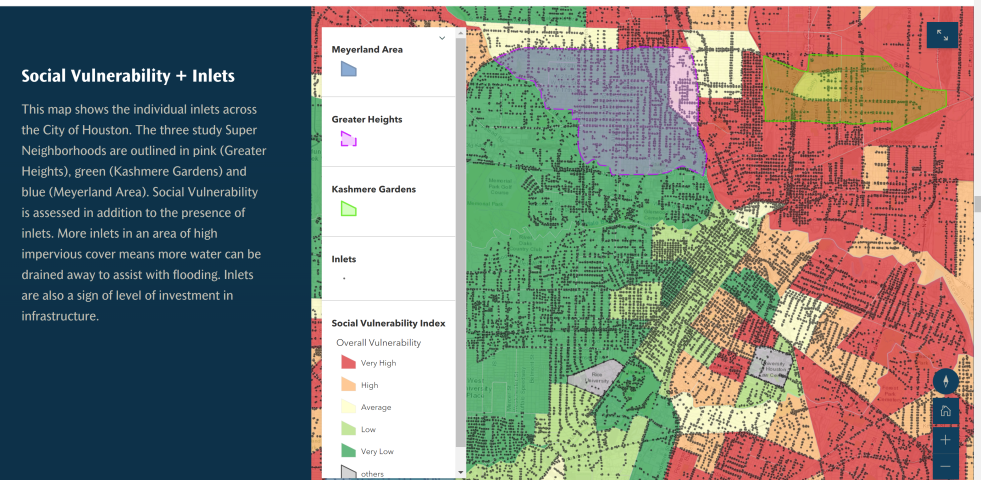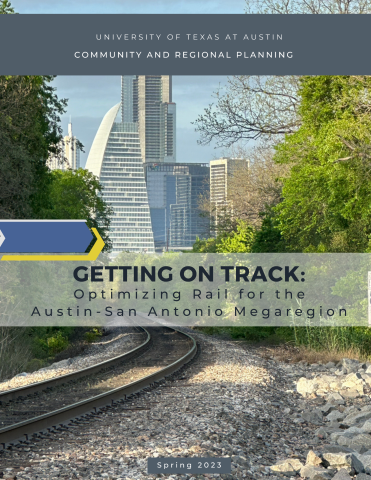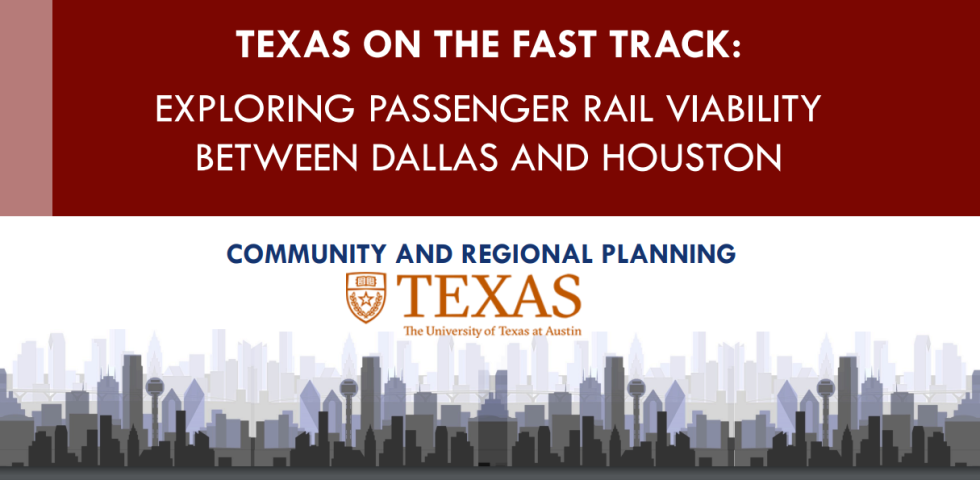In 2016 Professor Ming Zhang won a five-year multimillion-dollar grant awarded by the US Department of Transportation (DOT)’s University Transportation Center (UTC) program. The grant, authorized by the 2015 US Fixing American Surface Transportation (FAST) Act, supports the creation of a Tier-1 UTC, Cooperative Mobility for Competitive Megaregions (CM2), headquartered at UT Austin School of Architecture. CM2 partners include Texas Southern University, Louisiana State University, and the University of Pennsylvania. CM2 emphasizes a strategic, megaregional perspective to conduct research, provide education and workforce development, and deliver technology transfer for mobility enhancement and economic competitiveness.
Planning for Megaregions is an elective course designed to fulfill CM2’s educational mission. The course offers lectures, topical research, team exercises, and field trips for students to 1) understand megaregion and related concepts and their planning/policy relevance in the US and international context; 2) develop a working knowledge on the geospatial and socioeconomic characteristics of the US megaregions; 3) identify/highlight challenges facing the US megaregions concerning economic competitiveness, spatial inequality, and environmental resilience; and 4) explore planning and policy options to address the megaregional challenges, with an emphasis on transportation.
The course offers collaborative and experiential learning opportunities. In 2019, course participants from UT Austin and UPenn traveled to Manchester, UK, for a weeklong charrette jointly organized by the UK 2070 Independent Commission and the Universities of Manchester and Sheffield. Students learned about the UK 2070 Commission’s effort to develop economic and infrastructure strategies to close the United Kingdom’s growing spatial inequality. They attended panels with speakers from municipal offices, academia, and the private sector. They also conducted field visits to successful urban regeneration and transportation projects in the North of England and met with officials leading these efforts. In 2020, teams of Master’s and Ph.D. students from UT Austin and UPenn participated in a Charrette hosted by The Ruhr Regional Association (RVR) in Germany and other collaborators from The Netherlands.
The Randstad in the Netherlands and The Rhine Ruhr in Germany are two of the eight mega-city regions (the counterparts of US megaregions) in Northwest Europe. The participants visited selected cities in the two adjacent mega-city regions during the Charrette. They interacted with local scholars and practitioners, who shared insights on successful strategies in their respective mega-city regions to strengthen mega-regional competitiveness and improve intra- and inter-region equality. The participants also explored two specific projects, the Emscher Landscape Park project in Germany and the Room for the River project in the Netherlands. Both projects are inspiring examples that integrate mobility, flood control, economic, and environmental infrastructure that operate at large scale in the European megaregion.
A third international megaregion charrette was planned for 2021 but postponed to summer 2023 due to COVID-19 travel restrictions. Course participants will travel to Japan and Korea to learn from their experience of high-speed rail-supported regional development.
Since 2016, CM2 has supported more than 40 graduate research assistants at UT Austin. For further information on CM2’s ongoing or completed research projects, please visit https://sites.utexas.edu/cm2/.
FACULTY MEMBER: Ming Zhang
MORE INFORMATION:
Cooperative Mobility for Competitive Megaregions (CM2) Website

